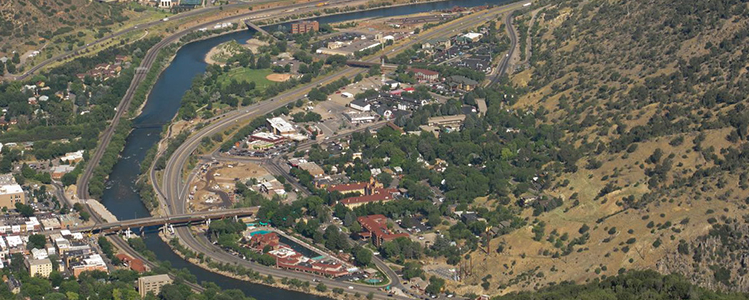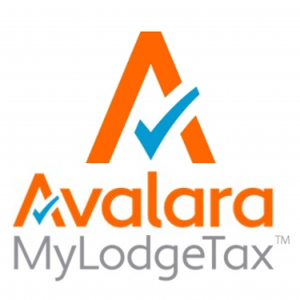Glenwood Springs allows short-term rentals in planned subdivisions
- Dec 27, 2017 | MyLodgeTax

The Glenwood Springs, Colorado, City Council has voted to allow short-term vacation rentals of fewer than 30 days in planned subdivisions.
The new ordinance permits short-term rentals in neighborhoods such as Glenwood Park, Cardiff Glen, and Oasis Creek, unless prohibited by homeowners association rules. The new law could potentially apply to 677 homes in Glenwood Springs.
Currently, 64 short-term rental units in Glenwood Springs hold city permits, according to city planner Hannah Klausman, with only three of those located in planned-unit developments. Those 64 units include accessory tourist rentals, which are single bedrooms in owner-occupied properties.
The city has identified 18 other units in the city that do not hold permits but are listed on Airbnb or VRBO, Klausman said.
The new law is part of a push by the city to accommodate a growing short-term rental industry while also making sure that homeowners renting out their properties are licensed and paying lodging taxes. Short-term rentals were not allowed in Glenwood Springs until 2012.
Along with a short-term rental permit, short-term rental operators are required to get a business and sales tax license and collect total taxes of 11.10 percent — which includes 8.6 percent in sales tax and 2.5 percent in city lodging tax — on the amount that guests pay for accommodations. Owners collect taxes from guests and pass the revenues on to tax authorities. These taxes are typically due to the city, state, and county on a monthly or quarterly basis. Lodging tax automation solutions can help simplify compliance.
In early November, the City Council approved a 30-day amnesty that would allow short-term rental operators to register for a short-term rental permit with the city without being inspected or being required to pay back taxes. New registrants were required to sign an affidavit that safety features, such as smoke and carbon monoxide detectors, were present.
Short-term rental operators need to be aware that the city is tracking down unlicensed rentals. The punishment for offering short-term rentals without the correct business and tax licenses can be fines of up to $1,000 per day. Even though the amnesty period has expired, it’s advantageous for homeowners to voluntarily comply rather than waiting for the city to force the issue.
Short-term rental owners offering accessory dwelling units (such as mother-in-law apartments) should be aware that there is still an ongoing amnesty in place that will allow them to skip permit fees if they voluntarily register their units with the city.
The council is expected to revisit the issue of short-term rentals and compliance in January.











